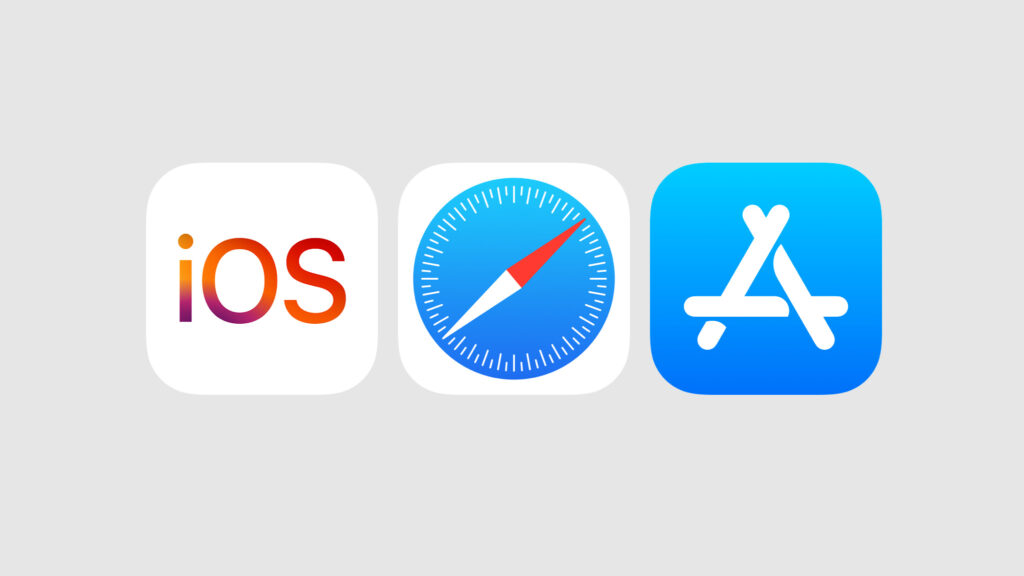Apple Denies Evidence of Hidden Browser Settings to UK Regulator

Apple faces allegations of misleading the UK’s Competition and Markets Authority (CMA) over a user interface issue in iOS related to changing the default browser, Open Web Advocacy reports.
Earlier this year, reports surfaced accusing Apple of implementing a deceptive design practice in iOS that made it more difficult for users to switch their default browser if Safari was already set as the default. The issue was initially highlighted in March 2024 and was independently verified by multiple sources, including Ars Technica and the CMA. Specifically, the design hid the option to change the default browser when Safari was set as the default, while other browsers like Chrome and Firefox continued to display the option regardless of whether they were the default or not. This behavior was eventually addressed in an iOS update.
Now, in a formal response to the CMA, Apple has denied that this issue ever existed. The company responded to the regulator’s inquiry on August 1, 2024, stating that the allegations regarding the hidden option to change the default browser were incorrect. The response read, “This is not correct. The default browser app setting in the Safari tab is clearly visible when the user has set Safari as the default.” The statement effectively denies that the behavior reported by the CMA and others had ever been present in iOS, despite the availability of screenshots, videos, and other forms of evidence supporting the claims from media outlets and industry experts.
Apple has not provided an explanation for how its claim in the August response aligns with these findings, leaving open the question of whether the company’s internal processes failed to verify the accuracy of its statements or whether it is actively attempting to minimize the situation. The matter could have legal implications. Under UK law, providing false or misleading information to a regulatory body such as the CMA can be considered a criminal offense. The CMA has the authority to request documentation, internal communications, and other records to verify claims made by companies under investigation. If it is determined that Apple provided false or incomplete information, the company could face penalties, including fines.
This article, “Apple Denies Evidence of Hidden Browser Settings to UK Regulator” first appeared on MacRumors.com
Discuss this article in our forums


